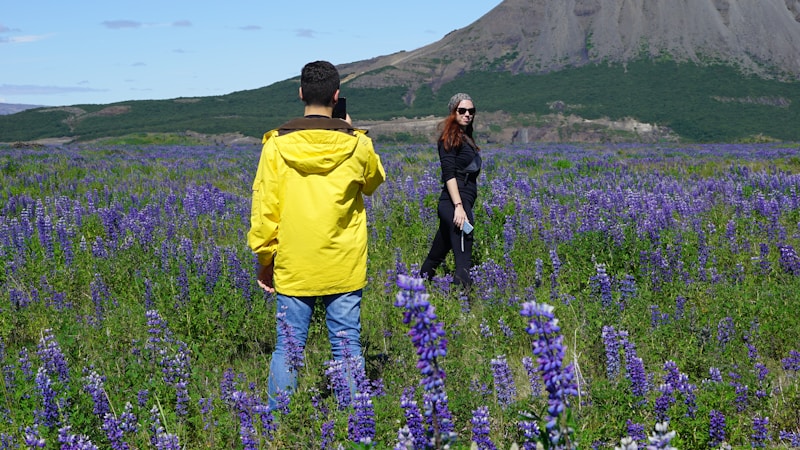10 Questions
The theory of social construction suggests that any category, condition, or thing is understood to have certain characteristics because people agree that it does.
True
The Thomas Theorem states that situations perceived as real are only real in their consequences.
true
The text mentions that wilderness and nature are generally constructed as separate from society.
True
Social constructivists argue that the practices and findings of science are socially constructed
True
Relativism is the theory that all beliefs, truths, and facts are socially constructed in a particular social context
True
Constructivist paradox suggests that relativism relies on objectivism to prove its point
True
Co-production theory argues that humans and nonhumans produce and change one another through interactions
True
Discourse, including narrative, concept, ideology, and signifying practices, cannot materially change the world and is not supported by powerful institutions and people.
False
The concept of wilderness is universal and is embraced by all cultures around the world.
False
The understanding of 'natural' properties is not dependent on social context, including cultural, economic, and governance systems.
False
Study Notes
Understanding the Social Construction of Nature
- Nature has multiple meanings, including essential quality, inherent force, and the material world itself.
- Our understanding of nature is often separate from humans, but the concept is closely related and overlaps with human presence.
- The understanding of "natural" properties is dependent on social context, including cultural, economic, and governance systems.
- "Nature" and "natural properties" are part of social reality and can be socially constructed, as seen in the construction of the concept of race.
- Concepts like race can be socially constructed as natural, leading to historical examples of domination and colonialism.
- The social construction of "New World" natures involved Europeans constructing the image of the New World as pristine and undeveloped to justify displacing its inhabitants.
- Discourse, including narrative, concept, ideology, and signifying practices, can materially change the world and is supported by powerful institutions and people.
- Environmental discourse is shaped by powerful institutions and people, and the origins of its elements are often forgotten.
- The discourse of North African desertification has led to a discrepancy between historical documentation and environmental studies, raising questions about interests and information.
- The concept of wilderness is specific to Western European cultures and has been applied to places inhabited by people with displacement and violence.
- The focus on "wilderness" may divert attention from other valuable natural areas or conditions.
- The limits of constructivism raise questions about the role of science in understanding the social construction of nature.
Test your knowledge on the social construction of nature, including its multiple meanings, relationship with human presence, and impact on historical events. Explore the concepts of race, discourse, environmental studies, and the role of science.
Make Your Own Quizzes and Flashcards
Convert your notes into interactive study material.




